Film Inquiry’s Best Articles Of November
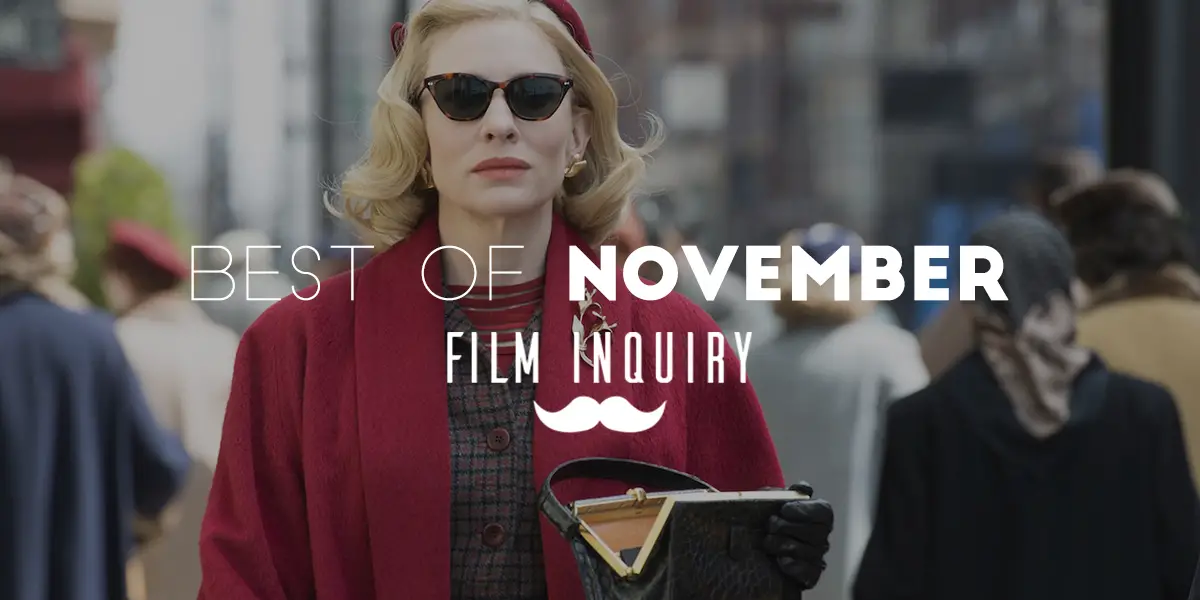
Manon de Reeper is the founder and CEO of Film…
November truly is the herald of winter (or summer, depending on where you are), and many of us are starting to get that serious holiday vibe, even if it’s just because you are constantly, and frankly, incessantly assaulted by Christmas music, movies and commercials. Yeah – vibes don’t always need to be positive, ha!
Nonetheless, it’s a season of beautiful merriment, togetherness and familiality, and since the North Americas just celebrated Thanksgiving, I’d like to take this opportunity to sincerely thank everyone who supports Film Inquiry. This project could not have worked without all the support and help of our readers and writers, and I, as the person who started it all, can’t express how incredibly grateful I am. Truly, from the bottom of my heart: thank you.
In November, we published another great amount of articles – we reviewed, among many others, Carol, Son of Saul, Spectre and Knight of Cups, we published new Beginner’s Guides, a few interviews, two new podcasts, some lists and a bunch of great features. Moreover, Maria Giese published her very first article with us.
In case you missed them, here are our favorite articles of November 2015, in no particular order!
The Future of Womankind: Beyond Ellen Ripley

By its nature, sci-fi is a genre of revolution. The fantastical elements (time travel, dystopian future setting or parallel worlds) allow the genre a certain amount of artistic license. This generally results in society being represented as fairer, less discriminatory or strong themes of trying to make the world a better place. Sci-fi cinema has its roots in defeating archaic institutions, we only need to look at the godfather of science fiction to see this: Fritz Lang’s 1927 masterpiece Metropolis. […]
Read the rest of Becky Kukla’s article here.
A History of Film Noir in 10 Movies
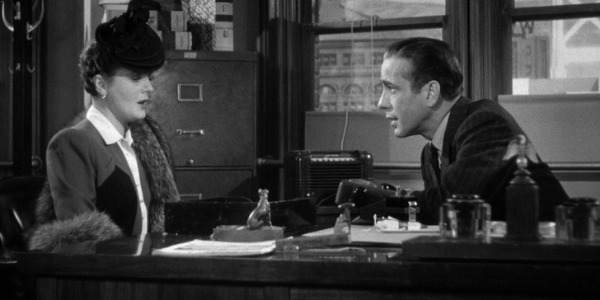
The old Hollywood Studio System produced many great works of art from the eternal fable of The Wizard of Oz to the harsh poetry of director John Ford’s westerns. Out of this creative environment came film noir, a style of movie-making that became very popular in the 1940’s and 1950’s. […]
Read the rest of Amanda Garrett’s article here.
Amicus Anthology Films: Tales of Terror

Amicus Studios had the reputation for being the rival studio to England’s famed horror factory Hammer studios throughout the 1960’s and 70’s. While that may be true in some respects, Amicus also had the goods to make some truly enjoyable horror anthologies that managed to be both entertaining and scary. […]
Read the rest of Alexander Miller’s article here.
The Beginner’s Guide: Andrea Arnold, Director

There aren’t many people who can claim that the woman they watched larking about on children’s morning television when they were a toddler also became of one of their favourite film directors as an adult. But that’s exactly what Andrea Arnold turned out to be, for me.
For those of you who have never heard of her I can guarantee that you’ll be impressed. With only a bunch of shorts and three features under her belt Arnold is already a script writer who can deftly transform and translate British life onto film, and a director who is second to none on mastering emotional tension. […]
Read the rest of Julia Smith’s article here.
A Most Romantic Collaboration: Bacall & Bogart

I can’t think of any other couple that exemplified the pure nature of an old Hollywood romance other than Humphrey Bogart andLauren Bacall. If you take a quick glimpse at their history together, the love they shared was palpable. Bacall was only nineteen when they met (twenty when they married), and Bogart was old enough to be her father. […]
Read the rest of Alexzandria Windley’s article here.
“The System Has To Change”: An In-Depth Interview With Documentary Director Hanna Polak
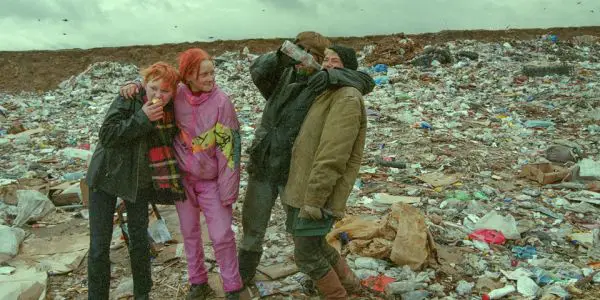
Hanna Polak is a documentarian whose films have been screened the world over. It only took her two directorial efforts for her to be recognized by the Academy, as her memorable film Children of Leningradsky was nominated for Best Documentary Short in 2005.
After spending some time as a director for hire, Polak is returning to the international documentary scene with an absolutely remarkable film over 14 years in the making, here). The film takes for its subject 8-year old Yula, who lives with her mother in the largest garbage dump in Europe, and follows her as she grows and navigates the fires and dunes of the trash heap. Polak was kind enough to take time out of her festival-touring to sit down with me over Skype. […]
Read the rest of Arlin Golden’s interview with Hanna Polak here.
Trumbo and the Hollywood 10: Why the Blacklist is Still Relevant Today
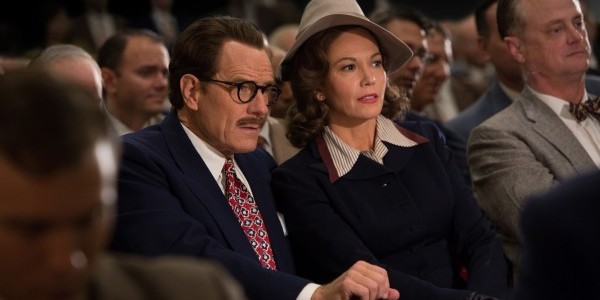
Trumbo, like many Hollywood intellectuals, was targeted for his progressive politics in an unprecedented purge that saw many actors, directors and writers, lose their livelihoods, their freedom and even their lives. Trumbo’s refusal to cooperate with a Congressional investigation into alleged Communist activity in Hollywood made him a symbol of principled resistance to unjust accusations. Now, his story will be told in a new biopic, Trumbo, starring Bryan Cranston and directed by Jay Roach that will be released on November 6 in the United States. […]
Read the rest of Amanda Garrett’s article here.
Microfilms May Be Small, But They’re Having A Big Impact
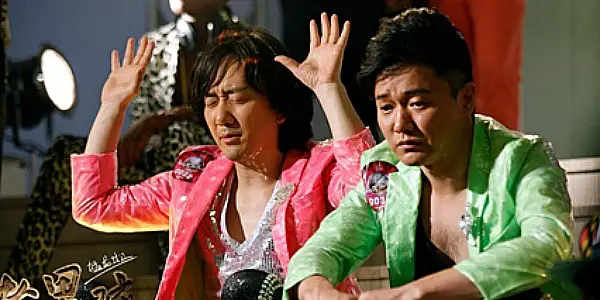
Microfilms originated in China, as short, low-budget videos made by amateur filmmakers. Crucially, they were made solely for watching online, usually on your mobile phone, and promoted via social media. It’s this that makes them different to short films. As Youku, China’s equivalent of YouTube and the country’s leading internet television site says, microfilm is a ‘web-native storytelling format that emerged alongside online new media platforms’.
Given China’s strict film censorship, it makes perfect sense that microfilm sprung up in the People’s Republic, as a way for people to enjoy more artistic and cultural freedom. […]
Read the rest of Stephanie Robertson’s article here
The Charge For Equality – Women Directors

We are in the midst of a global revolution for female empowerment and equality. This movement has been building for some years, and the new efforts for women directors have added great momentum to the cause. The campaign and ongoing support for women directors starting 2013 by the ACLU has now led to an industry-wide investigation. In turn, this has helped motivate many other countries to create sweeping programs for parity for women directors in their own film & television industries. […]
Read the rest of Maria Giese’s article here.
What were your favorite articles this month? Let us know in the comments, and we’d also love to hear it if you have any suggestions.
We have excellent articles coming up in December, like an interview with Joshua Oppenheimer, whose The Look of Silence made it to The Academy’s shortlist for documentaries, more Beginner’s Guides, and many interesting discussion articles and reviews. You can always find older articles by using our search option, or by venturing into our Explore section, or our Resource Library.
Make sure to follow us on Twitter and Facebook to keep up with our latest articles – and if you follow the latter, you’ll also be treated to daily film recommendations!
(top image: Carol – source: The Weinstein Company)
Does content like this matter to you?
Become a Member and support film journalism. Unlock access to all of Film Inquiry`s great articles. Join a community of like-minded readers who are passionate about cinema - get access to our private members Network, give back to independent filmmakers, and more.
Manon de Reeper is the founder and CEO of Film Inquiry, and a screenwriter/producer. Her directorial debut, a horror short film, is forthcoming in 2021.













